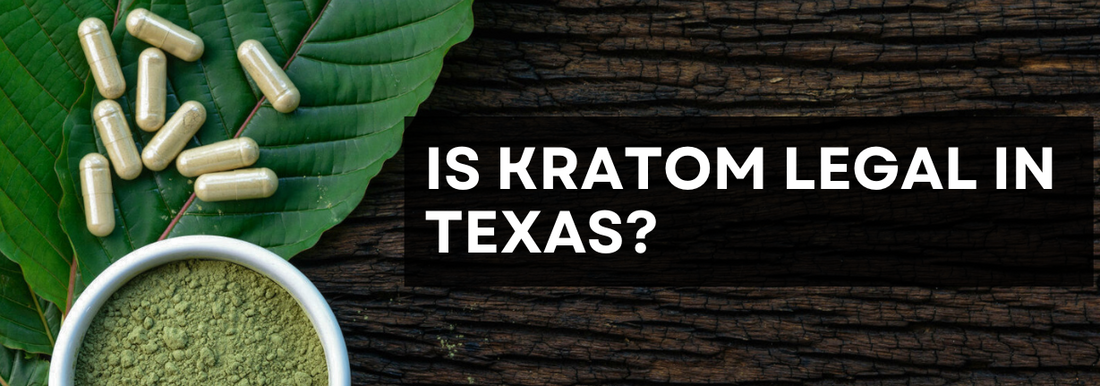
Is kratom legal in Texas?
Good news for the 29.2 million residents of Texas: kratom is legal throughout the state, allowing consumers to possess, use, and purchase it without legal repercussions.
The current legal framework in Texas offers freedom for individuals to utilize this natural botanical without restriction. However, it's essential to note that legislative landscapes can change, and the ongoing scrutiny from the FDA adds a layer of uncertainty to kratom's future legality.
Proposed Kratom Legislation in Texas
While kratom remains legal in Texas, there have been several legislative proposals aimed at regulating its sale and use in the state. Unlike bans seen in some regions, these proposed laws focus on enhancing transparency and establishing higher safety and quality standards for kratom products.
In early 2021, two pieces of legislation were introduced by both Republican and Democratic representatives. These proposed laws aimed to enact a local version of the Kratom Consumer Protection Act, which advocates for the protection of kratom users by implementing stringent quality and safety measures for vendors.
Key Components of Proposed Legislation:
- Clear Labeling: All kratom products must have clear and adequate labels, ensuring consumers are informed about the contents and dosage.
- Additive Restrictions: Prohibition of additives in kratom products, including potentially harmful or scheduled substances, to ensure purity and safety.
- Natural Kratom Only: Only natural, unadulterated kratom products are allowed for sale, eliminating synthetic variants.
- Potency Testing: Mandatory testing for product potency to maintain consistent alkaloid levels within specified ranges.
- Prohibition of Sales to Minors: Kratom sales to minors are strictly prohibited to protect vulnerable populations.
Despite these efforts, both proposed pieces of legislation failed to pass, leaving kratom entirely unregulated in Texas.
Benefits of Kratom Regulation
While some may view kratom regulations as burdensome, they ultimately aim to enhance industry standards and protect consumers. Regulation ensures that only reputable vendors offering quality products remain in the market, safeguarding consumers from inferior or unsafe products.
Furthermore, regulations would provide Texas residents with increased access to pure and potent kratom products, promoting consumer safety and confidence. By establishing clear standards and oversight, proposed legislation seeks to uphold the integrity of the kratom industry while safeguarding public health.
In conclusion, while kratom remains legal in Texas, the absence of regulations leaves consumers vulnerable to subpar products. Advocates continue to push for responsible legislation that balances consumer access with safety and quality standards.
